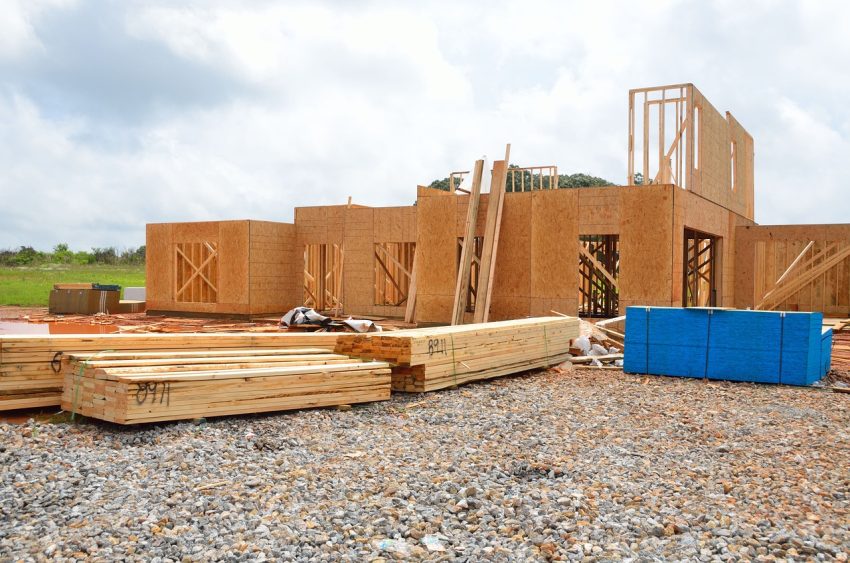The Mountain States Legal Foundation has joined a growing number of organizations filing amicus briefs supporting a Supreme Court petition on a takings issue. David McDonald, writing for Mountain States, says:
“George Sheetz . . . . wants to build a single-family residence on his property in Placerville, California. The County of El Dorado, however, attempted to charge him a whopping $23,420 under the pretext of a ‘traffic impact mitigation fee.’ Supposedly, his new home with his one car would so dramatically affect traffic the one or two times per day he leaves the house that the county thought it appropriate to charge him over twenty grand for it.”
According to a past Supreme Court decision, says McDonald, such a charge must be “significantly related to off-setting the harm that construction actually caused. That is, if a new parking garage is paved over a grassy lot, the owner of garage must pay for the expansion of nearby stormwater runoff infrastructure, as the now-missing soil can no longer absorb the rain.”
“That would be sensible, but local governments do what they do best and have spent the last three decades working around and exploiting a perceived loophole in the Supreme Court’s decisions. They argue the Supreme Court only banned the practice of exaction when it was an administrative agency violating people’s rights, not when it’s done by a city council or county commission.”
Other amicus briefs in support of Sheetz have been filed by the Cato Institute, Pacific Legal Foundation, Texas Public Policy Foundation, the Buckeye Institute, the California Building Industry Association, and the National Association of Home Builders.
Home-building image is by Paul Brennan for Pixabay.


That MIGHT be sensible—not that “would” be sensible.
Our Enemy, the State.
Parking garage roofs can collect and store water to release slowly into ground, and driveways can be paved with pervious concrete (or asphalt). Depending on costs vs. county fees. https://www.concretenetwork.com/pervious/how_it_works.html
R.J. and Greg: Are you saying that the example McDonald cites:
“If a new parking garage is paved over a grassy lot, the owner of garage must pay for the expansion of nearby stormwater runoff infrastructure, as the now-missing soil can no longer absorb the rain”
is a poor one? Or are you speaking more broadly to say that even the Supreme Court’s caveat “significantly related” to offsetting the harm is faulty?
Tomorrow I am going to do a post linking to a Law & Liberty piece commenting about the loopholes in and around around Supreme Court EPA decisions.